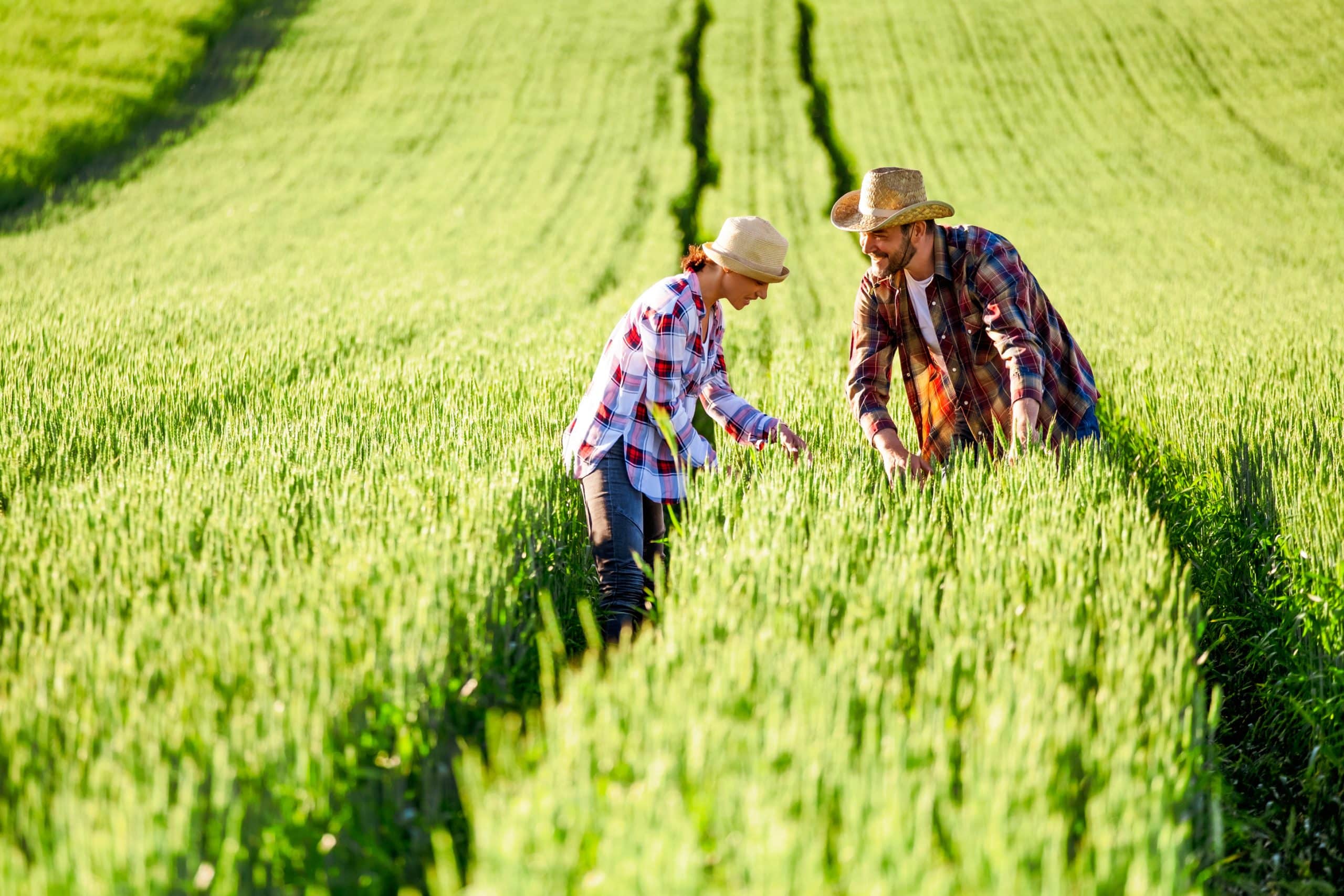How Can UK Urban Farming Initiatives Use Social Media to Educate on Sustainable Practices?

In the hustle and bustle of city life, the concept of farming might seem a world away. But, urban agriculture is fast becoming a reality in many cities across the UK. It's a practice that is not just about growing food but also about fostering community spirit, promoting health, and helping the environment. However, one of the challenges urban farming initiatives face is educating people about their work and the benefits of sustainable practices. This article will delve into ways in which social media can be a powerful tool to overcome this challenge.
The Rise of Urban Agriculture in the UK
In recent years, there has been an increase in the number of urban farming initiatives cropping up in cities across the UK. From community gardens to rooftop greenhouses, urban agriculture is transforming the way people engage with food and their local environment.
A lire en complément : What Are the Benefits of Using Programmatic Advertising for UK Media Buyers?
These initiatives are fascinating studies in sustainability, demonstrating how cities can produce food, improve environmental health, and foster robust communities. Fresh, locally grown food is not only healthier but also has a lower carbon footprint, as the need for long-distance transportation is negated.
The social aspect can't be overlooked either. Urban farming initiatives often provide opportunities for people to volunteer and learn about farming and sustainability. They also serve as a means for communities to come together and connect with each other and their city in a meaningful way. However, while these benefits are clear, the initiatives often face the challenge of communicating their vision and practices to a larger audience.
A voir aussi : Boost your outreach: leverage instagram dm automation tools
Social Media’s Role in Urban Farming Initiatives
Social media platforms provide a solution to this communication challenge. In an increasingly digital world, social media has become a primary source of information for many people. Urban farming initiatives can harness this medium to reach out to a wide audience and educate them about sustainable practices.
Through regular posts, photos, videos, and live streams, these initiatives can showcase their work and demonstrate the practical aspects of sustainable farming in an urban context. They can also leverage the interactive nature of social media platforms to engage with their audience, answer questions, and dispel any misconceptions about urban agriculture.
For instance, they can highlight the numerous environmental benefits of urban farming, such as how it helps reduce food miles and consequently, greenhouse gas emissions. Or, they could focus on the health advantages of consuming fresh, locally grown produce.
Enlightening the Public Through Real-time Updates and Stories
One of the advantages of social media is that it allows initiatives to share real-time updates and stories. This can be particularly powerful in showcasing the day-to-day realities of urban farming and the tangible benefits it brings to communities and the environment.
For instance, posts could include updates on the progress of crops, the introduction of new sustainable farming techniques, or the harvesting and distribution of produce to local businesses and people. They could also feature stories of individuals involved in the project, their experiences, and what they've learned.
This kind of content can help to demystify urban farming and make it more relatable and attractive to the general public. It can also serve to educate people about the different aspects of sustainable farming and inspire them to get involved or adopt similar practices in their own lives.
Engaging with Communities Through Interactive Content and Events
Interactive content and events are other ways in which social media can be used to engage with communities and promote sustainable urban farming. Quizzes, polls, challenges, and competitions can encourage people to interact with the initiative and learn more about sustainable practices.
For instance, a quiz could test people’s knowledge about urban agriculture, a poll could seek opinions on potential new farming techniques, or a challenge could encourage people to try growing their own food at home.
When it comes to events, live streams of workshops, tours, or Q&A sessions can provide a more immersive experience for the audience. These can educate people about sustainable urban farming in an engaging and interactive manner, fostering a deeper understanding and appreciation of these practices.
The Business Angle of Urban Farming and Social Media
Lastly, there's the business side to consider. Urban farming initiatives are often small-scale and rely on local support to thrive. Social media can play a crucial role in helping these initiatives reach out to potential supporters and collaborators, such as local businesses, restaurants, and schools.
For instance, social media channels can be used to promote produce sales, advertise partnership opportunities, or call for volunteers. They can also serve as a portal for local businesses to showcase their support for sustainable practices, thus enhancing their own reputation in the community.
In conclusion, social media stands as a powerful tool that can truly revolutionise the way urban farming initiatives in the UK communicate their vision, practices, and benefits. By effectively leveraging this medium, they can educate a wide audience about sustainable urban farming, engage with communities, and foster a culture of sustainability within cities.
Urban Farming Education and Community Engagement
Educating the public about the benefits of urban agriculture is a key aspect of promoting these initiatives on social media. The power of visual content on platforms like Instagram or Facebook cannot be underestimated in bringing the realities of urban farming to life. For example, a video showcasing the transformation of a vacant city plot into a thriving community garden can be a powerful visual narrative that highlights the potential of urban farming.
The use of infographics can also be effective in conveying complex information in a digestible format. Topics such as food security, the environmental impact of food systems, and the role of urban farms in reducing food deserts in low-income urban areas can be communicated through engaging, easy-to-understand infographics.
Furthermore, initiatives can use social media to share research findings from reputable sources like Google Scholar or PubMed, reinforcing the scientific basis of sustainable practices in urban agriculture. This can establish these platforms as a trusted source of information and increase their credibility amongst users.
Community engagement is another major aspect of urban farming that can be bolstered by social media. Encouraging community members to share their experiences of volunteering at urban farms or participating in community garden activities can foster a sense of ownership and pride in these projects. This way, an original blog post or a social media post from a community member can serve as a powerful endorsement for these initiatives.
Harnessing Social Media for the Growth of Urban Farming Businesses
Urban agriculture is not just a sustainability movement, but also a budding sector of the economy. Small-scale urban farming businesses are sprouting up across UK cities, contributing to local economies and promoting a sustainable food system.
In this context, social media can serve as a valuable tool for promoting these farming businesses. They can use these platforms to advertise their produce, attract customers, and even facilitate direct sales. Platforms like Facebook and Instagram have features that allow businesses to set up online shops, making it easier for customers to browse and purchase fresh produce from urban farms.
Urban farming businesses can also use social media to create partnerships and collaborations. For instance, a restaurant sourcing ingredients from local urban farms can highlight this on their social media, generating positive publicity for both parties. Similarly, schools can share about their visits to urban farms or their school garden projects, promoting experiential learning while supporting local farming initiatives.
In addition, crowdfunding campaigns launched on social media can help urban farming initiatives secure much-needed funding. The success stories of such campaigns can serve as an inspiration for other emerging urban farming businesses and for developing countries considering urban agriculture as a solution to their food security and urban sustainability challenges.
Conclusion
Urban farming in the UK has the potential to revolutionize our food systems, addressing hot-button issues like food security, health, and environmental sustainability. However, for this potential to be fully realized, the benefits of urban agriculture need to be effectively communicated to the public.
Social media, with its visual appeal, interactive capability, and wide reach, presents a potent tool in this endeavour. As urban farming initiatives harness the power of social media, they can bring the realities of urban agriculture to the fingertips of the city-dweller, fostering a new understanding and appreciation for this sustainable practice.
With concerted efforts, urban farming can move from the fringes into the mainstream consciousness, contributing to a holistic urban culture that values sustainability, community, and health. And in the process, our concrete jungles can transform into green, productive landscapes that echo the ethos of resilience and balance.
